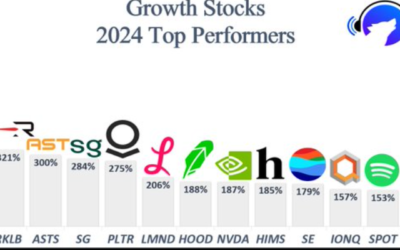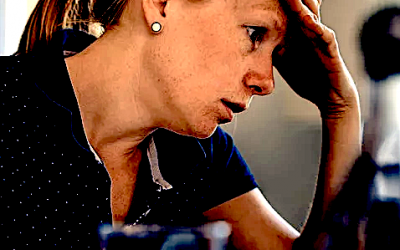Recent societal shifts in delayed childbearing and increased childlessness have spurred a surge in psychological and epidemiological studies examining the correlation between unintended infertility and couples' mental well-being (Greil, 1997). Interestingly, couples exceeding their fertility intentions, representing a significant demographic, have been understudied (Heaton et al., 1999). This article aims to bridge this gap by exploring the association between unintended childlessness, unplanned births, and mental health. Our approach involves a holistic examination of the intersection between the childlessness-birth and fertility intention continua, drawing from the stressful life events framework to deepen our understanding (Dohrenwend and Dohrenwend, 1981).
Methodological Challenges and Gaps
Both lines of research on unintended childlessness and unplanned births share methodological limitations, primarily relying on convenience or clinic-based samples, cross-sectional data, and neglecting the life course dynamics of fertility events (Greil, 1997). Overcoming these challenges, we leverage longitudinal data from the National Longitudinal Study of Youth 1979 (NLSY79) to prospectively link fertility intentions with outcomes. Focusing on nulliparous individuals in their early and late 30s, our analysis aims to uncover nuanced insights into the gender-specific responses to undesirable fertility events.
Shifting Demographics and Fecundity Challenges
As a growing number of American adults delay childbearing, the prevalence of fecundity impairment and infertility has increased (Hagewen & Morgan, 2005; Chandra & Stephen, 1998). Understanding the relationship between infertility and mental health requires consideration of the perceived loss of control and its impact on individuals' well-being (Mirowsky and Ross, 1989). Chronic stress stemming from the inability to achieve parenthood and deviations from desired outcomes adds complexity to this relationship (Benyamini et al., 2005). Our analysis delves into these dynamics, emphasizing the heightened risk of psychological distress for infertile childless women.
Gender Dynamics and Societal Expectations
While societal attitudes toward voluntary childlessness are evolving, the persisting "motherhood mandate" for American women remains a contextual factor influencing the experience of childlessness (Koropeckyj-Cox and Pendell, 2007). Previous reviews highlight higher psychological distress levels in fertility clinic patients, particularly among women (Greil, 1997). However, our study aims to unravel whether this gender difference is intrinsic to fertility treatments or a general population phenomenon.
Unplanned Births and Mental Health
In contrast to the extensive literature on infertility, the association of unplanned or mistimed births with distress has received limited attention. Existing studies often focus on induced abortion or postpartum depression, lacking a comprehensive analysis of psychological consequences (Beck, 2001; Adler et al., 1990). Our study extends this exploration, considering the prospective linking of intentions and outcomes to mitigate bias associated with abortion concealment and sampling issues related to unplanned births.
Postpartum Depression and Fertility Intentions
Postpartum depression (PPD) has garnered recent interest, affecting 10–20% of American women within six months of childbirth (Miller, 2002). While literature indicates that pregnancy intentions significantly predict PPD, a majority of studies overlook fertility intentions in their analyses (Beck, 2001). Our study addresses this gap, investigating the association between unintended childlessness, unplanned births, and psychological distress at distinct stages of the life course.
Hypotheses and Expected Outcomes
1. Association with Psychological Distress: We hypothesize that unintended childlessness and unplanned births are associated with heightened psychological distress compared to intended childlessness and planned births.
2. Life Course Dynamics and Gender Differences: Our second hypothesis posits that the association between unintended childlessness, unplanned births, and psychological distress varies across two life stages (late and early 30s), with anticipated gender differences.
In conclusion, this study strives to deliver a nuanced exploration of the interplay between fertility intentions and mental health, offering insights that extend beyond existing literature. Our rigorous methodology and focus on life course dynamics aim to contribute valuable knowledge to this underexplored domain.
Additionally, It can be helpful to talk to a friend or family member about your feelings or seeking the help of a therapist. If you're feeling anxiety there is also online anxiety therapy from licensed counsellors which can help with triggering emotions and reactions you might still have. There are applications that have meditations and audios to help you sleep, relax, get over stuff. One to consider is the headspace app because they have good content and a free trial so you can checkout their goods and experience what works best for you.























